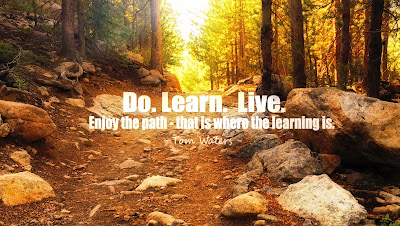Measuring Student Growth with Vocabulary: Part 2
 |
| Pinterest TeamTomWaters Vocabulary Board |
They act like we have never done this before!
Ugh...did anyone in the lower grades ever teach this?
Ever heard this before...maybe in your own head? I know I have. Weeks after a unit, a student is asked to do a summary. She meekly and tenderly responds, "What is a summary?"
We just spent a whole unit working with summaries! You don't know what that is!?!
The Problem is Vocabulary
The problem is not the student. The problem is not the planning or teaching. The problem is vocabulary. Academic vocabulary instruction needs to be taught systemically across the district from year to year. This is the single most important spiral practice and teaching we can do. It builds the necessary background knowledge, so students aren't confused or lost when we say, "summary." Or when we say any other academic term.
Teaching and Monitoring Vocabulary
We can teach academic vocabulary quickly each week. Direct and explicit instruction, active engagement, and repeated review through a variety of exposures is the key. Then we must track progress over time. Not extensive tracking, monitoring, and testing. Just a quick check. Like pulling out the cell phone and checking the time. Not pulling out the cell phone and checking the time, our texts, our email, and TMV! Just the time. A quick 10-minute assessment that surveys the academic vocabulary for the year. This assessment can be administered just like a universal screener 3-4 times a year.
We know what gets monitored (see part 1) gets done. More importantly, what gets monitored gets celebrated and recognized! Let's begin giving students the foundation for long-term success that they need. We can do this by aligning our academic vocabulary in our campuses and districts. We can commit to using the basic best practice for vocabulary instruction. And we can stop some of our poor assessment practices (see part 1) and add quick vocabulary assessments.
We know what gets monitored (see part 1) gets done. More importantly, what gets monitored gets celebrated and recognized! Let's begin giving students the foundation for long-term success that they need. We can do this by aligning our academic vocabulary in our campuses and districts. We can commit to using the basic best practice for vocabulary instruction. And we can stop some of our poor assessment practices (see part 1) and add quick vocabulary assessments.



Comments
Post a Comment
What are your thoughts?